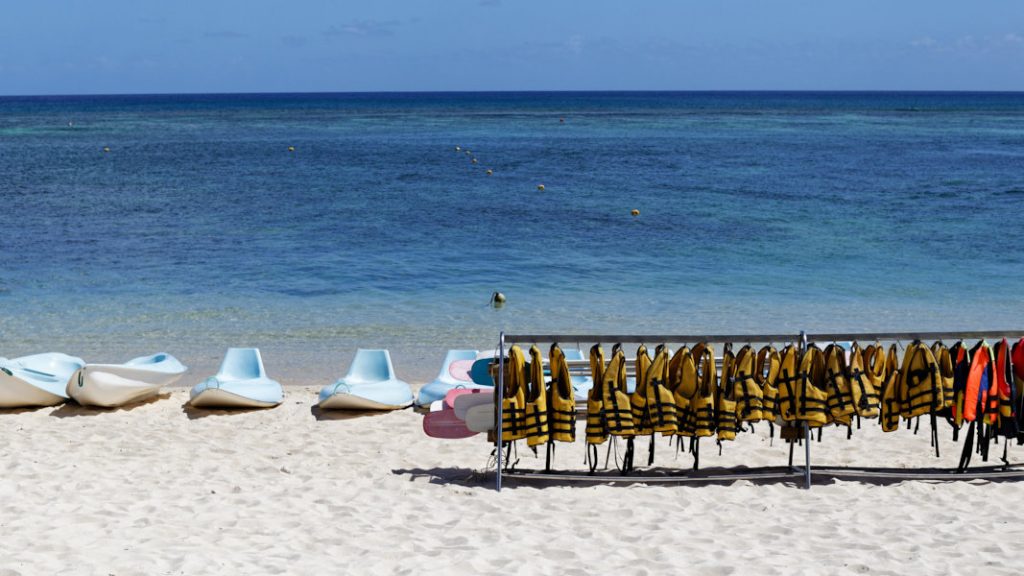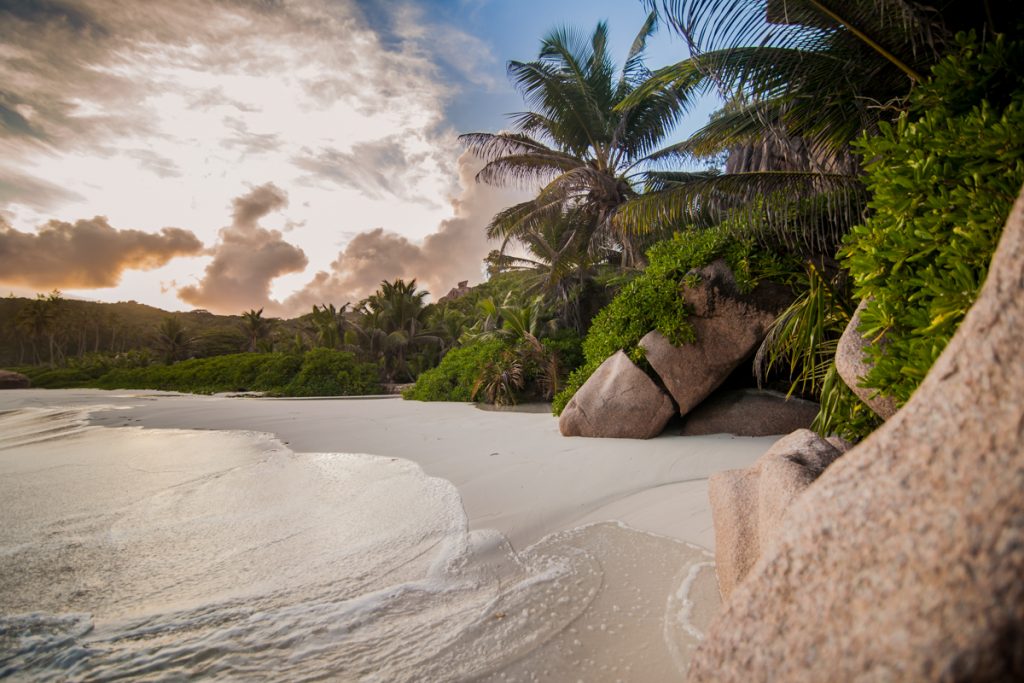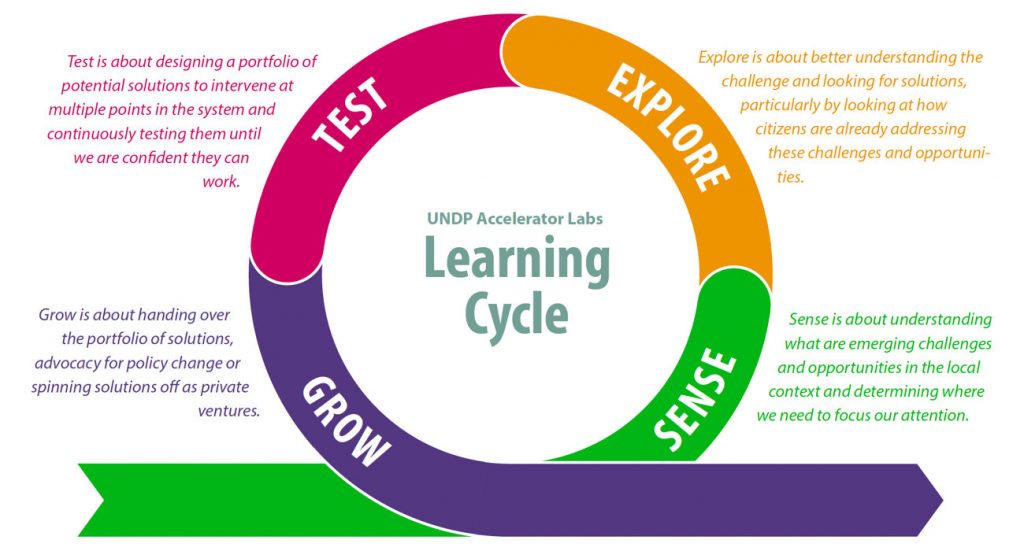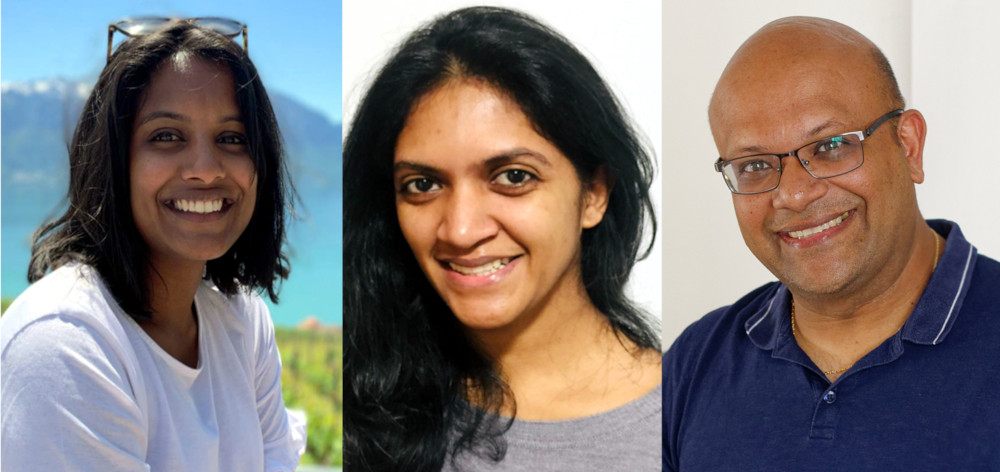
The UNDP Country Office in Mauritius and Seychelles now has its own Accelerator Lab as part of the global Accelerator Lab Network. The Accelerator Lab includes Ayooshee Dookhee, Head of Solutions Mapping, Melany Poorun-Sooprayen, Head of Exploration, and Avinash Meetoo, Head of Experimentation. The objectives set by the new team are to help the Republic of Mauritius and the Republic of Seychelles achieve the 17 UN sustainable development goals by leveraging on grassroots innovations and emerging trends, and by running experiments with multiple actors.
Sustainable development is clearly the best development strategy to make sure that future generations meet their needs. However, achieving the 17 sustainable development goals, which promote prosperity while protecting the planet, presents unique challenges, most notably dealing with complexity, unknowns, weak signals, and uncommon stakeholders. In today’s world which faces global challenges such as Climate Change, COVID-19, and socio-economic uncertainty, achieving sustainable development requires adopting a different philosophy altogether: it is not about business as usual anymore. To accelerate progress towards the 2030 Agenda, we need to be fast and curious and this requires thinking differently. It is also vital to understand that to find solutions to the present global challenges, we need to learn from each other.
To accelerate progress towards the 2030 Agenda, we need to be fast and curious.
To respond to the situation, in 2019 the United Nations Development Programme created the Accelerator Lab Network, the world’s largest and fastest learning network on sustainable development challenges. Aimed at finding the best ways to achieve the 17 UN sustainable development goals (SDGs) by 2030, the global Accelerator Lab Network now consists of 91 labs across 115 countries, including the UNDP Mauritius and Seychelles country office which also covers Rodrigues. This powerful network is supported by UNDP Core Partners and the Governments of Italy, Germany and Qatar, together with the Honey Bee Network (India), Nesta (UK), UK Research and Innovation (UKRI), and the Massachusetts Institute of Technology (MIT), USA.

Some examples of how Accelerator Labs work throughout the world
A good example of learning is happening in Da Nang, Viet Nam. Poor waste management and waste disposal are some of the most pressing issues there as the city’s solid waste is increasing by 17% annually and its only landfill is almost full. The Accelerator Lab in Viet Nam is starting with a fast-paced learning process to learn quickly about the system’s dynamics in order, one day, to attain “zero waste”.
Similarly, in the Democratic Republic of Congo, the Accelerator Lab is working on a comprehensive database of solutions developed by local citizens thus bringing unusual actors into development. Examples of solutions that can then be scaled up or used in other countries include fish freezers to maintain stocks during transit, ecological charcoal bricks made from cardboard waste, non-electric ovens, and traffic robots.
In India, the Accelerator Lab has landed a partnership to test out an air purification technology developed by a Singapore-based startup. This technology has the potential to purify the air up to a 1 km radius. The UN as a testing ground is a surprise twist that is occurring in the evolution of the network, and an interesting take on testing small before going big. This is one way to multiply returns on investment.
For Mauritius, Rodrigues, and Seychelles, the COVID-19 pandemic has been a wake-up call. Many people in the tourism sector have lost jobs and are likely to lose more as a direct consequence of the pandemic. What would be the best plan for reskilling and redeployment? Will women be impacted more than men? How can women become active players in, say, the sustainable on-grid photovoltaic electricity generation sector as part of a Green Recovery? These are the kind of questions that the Accelerator Lab will be required to answer.
After a learning cycle of 100 days, the action of the Accelerator Lab will start with the submission of an Action Learning Plan to the country office and to the global Acc Lab Network. This Action Learning Plan lists a major big challenge (called the Frontier Challenge) and up to two small challenges that the Lab will explore over three months. Each challenge has a set of learning questions that are designed for action in the form of solution mappings, explorations, or experiments.

Solutions mapping: finding hidden gems, ready to be propelled to the global stage
Solutions mapping is the process of going everywhere in Mauritius, Rodrigues, and Seychelles to discover and validate grassroots innovators and their innovations. The Head of Solutions Mapping of the UNDP Mauritius and Seychelles Acc Lab, Ayooshee Dookhee, explains that: “One important consideration is to gather information and inspiration from various sources, from people and communities as they solve their own problems in real-time. This is to make sure that the corpus of knowledge is built on strong foundations.” She is confident that, within our islands, gems are hidden, ready to be propelled to the global stage: “For example, in Seychelles, the local community of fishermen is actively participating in novel ways to do coral reef restoration and some of the techniques could be scaled to Mauritius, to other SIDS or even to larger countries.”
Exploration: identifying weak signals and emerging trends
While solution mapping is being done locally, important advances are also being made elsewhere. As Head of Exploration, Melany Poorun-Sooprayen identifies weak signals and emerging trends: “In this way, the Accelerator Lab, the country office and UNDP at large, can adopt an anticipatory approach towards sustainable development. For example, how will water problems affect the livelihoods of people in Rodrigues in the long run, or will the lack of tourists in Mauritius and Seychelles, due to the pandemic, change the nature of jobs? One important component of exploration is to make sure that the intelligence derived from all the data collected finds its way into the programmes of the UNDP.”
Experimentation: designing experiments to be performed by multiple actors
As for Avinash Meetoo, Head of Experimentation, his role is to break down traditional silos by identifying the real drivers of change. In order to solve complex sustainable development challenges, he designs experiments to be performed concurrently by multiple actors: “For example, to solve the problem of poverty in Mauritius or Seychelles, funding organizations, educators, social workers, NGOs, private companies providing CSR as well as the Government will all have to work together. It is illusory to believe that poverty is the responsibility of one stakeholder only. In the process, it is essential to properly capture the learning from the experiments to allow for rapid adaptation if needed. The world is never static.”
After three months of action, the Accelerator Lab of Mauritius and Seychelles will be called to work with the rest of the UNDP Team for Mauritius and Seychelles in formulating more efficient project proposals and sounder policy options. The three Heads have scheduled the official launch of the UNDP Mauritius and Seychelles Accelerator Lab for Wednesday 21 April 2021 at 15:00. More details will be published on UNDP Mauritius and Seychelles website as they become available.




Leave a Reply